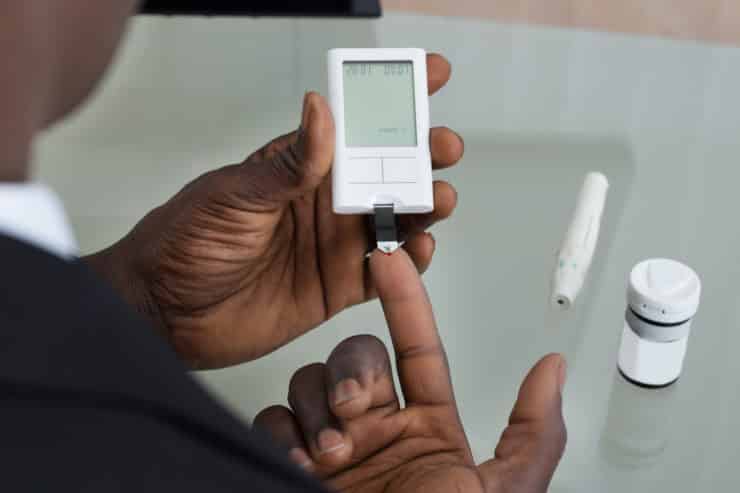Case Info
The Risks Associated with Invokana
Invokana (canagliflozin) is an anti-diabetic medication prescribed to treat Type 2 diabetes. It is a sodium-glucose-co-transporter 2 (SGLT2) inhibitor, which works by helping the body reduce blood sugar levels by expelling excess glucose through urine.
Despite its intended benefits, Invokana has been associated with serious adverse effects. Between 2013 and 2017, the U.S. Food and Drug Administration (FDA) issued a series of safety alerts warning of the potential dangers linked to Invokana use. In 2017 following two large clinical trials, the FDA required black box warnings—the agency’s most stringent warning level—for Invokana, identifying heightened risks of severe urinary tract infections, diabetic ketoacidosis, and amputations of the leg, foot, or toes.
Lawsuits Against Janssen Pharmaceuticals
Numerous patients and their families filed lawsuits against Janssen Pharmaceuticals, the manufacturer of Invokana, and its parent company, Johnson & Johnson. Plaintiffs argued that the company failed to adequately warn the public and healthcare providers about the serious risks associated with Invokana. Over 1,000 federal lawsuits were consolidated into In re Invokana (Canagliflozin) Product Liability Litigation in the U.S. District Court in New Jersey.
Settlements
In October 2018, Janssen and Johnson & Johnson agreed to settle the majority of cases in the multidistrict litigation. Additionally, the companies paid $300 million in fines to the U.S. Department of Justice to settle allegations of illegal marketing and provided millions of dollars to various state agencies to resolve similar claims.
